
Institute of Metabolic Science
Metabolic Research Laboratories
Clinical Research Studies
Investigating Gut Hormones in Human Health and Disease (GutHHD)
Are you interested in taking part in a research study?
If you’re starting weight management injections or have a gastrointestinal condition, you are likely eligible for one of our research studies.
Results aim to assess how gut hormones levels are related to gut symptoms and bowel habit, to aid development of new treatments and diagnostic tests.
Introduction
What are gut hormones?
The gut contains over 20 different hormones. Actions of gut hormones range from controlling your appetite, regulating your blood sugar levels and managing the speed at which food travels through the gut.
GLP-1, the hormone which weight management injections such as Ozempic and Wegovy are based upon, is the most studied gut hormone to date.
In our studies we measure not only GLP-1, but a wide array of gut hormones using specialised laboratory techniques, in particular those which control gut movements.
How do we study gut hormones?
We recruit both healthy volunteers and volunteers with particular conditions to attend our research unit and provide blood samples for gut hormone measurements.
Depending on the study, we look at gut hormone levels in response to a meal, or how gut hormone levels may differ depending on your bowel habit.
We assess how these gut hormone levels differ in different conditions compared to healthy volunteers and how they vary with different gut symptoms.
.
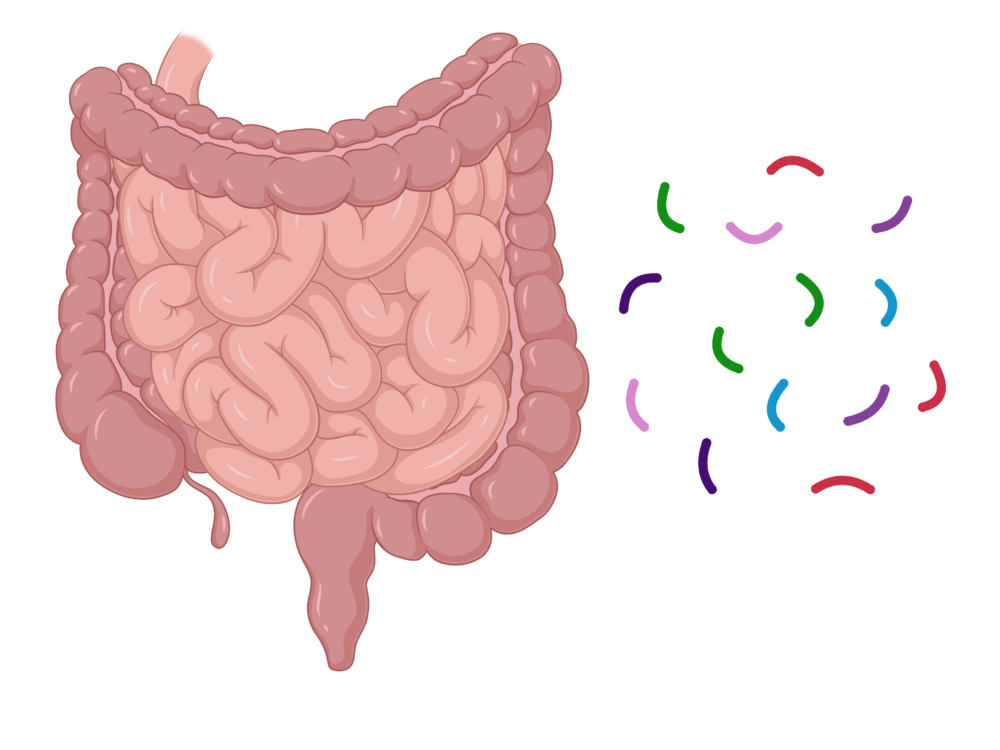
The gut is diverse and releases over 20 hormones to control appetite, blood sugar and gut movements
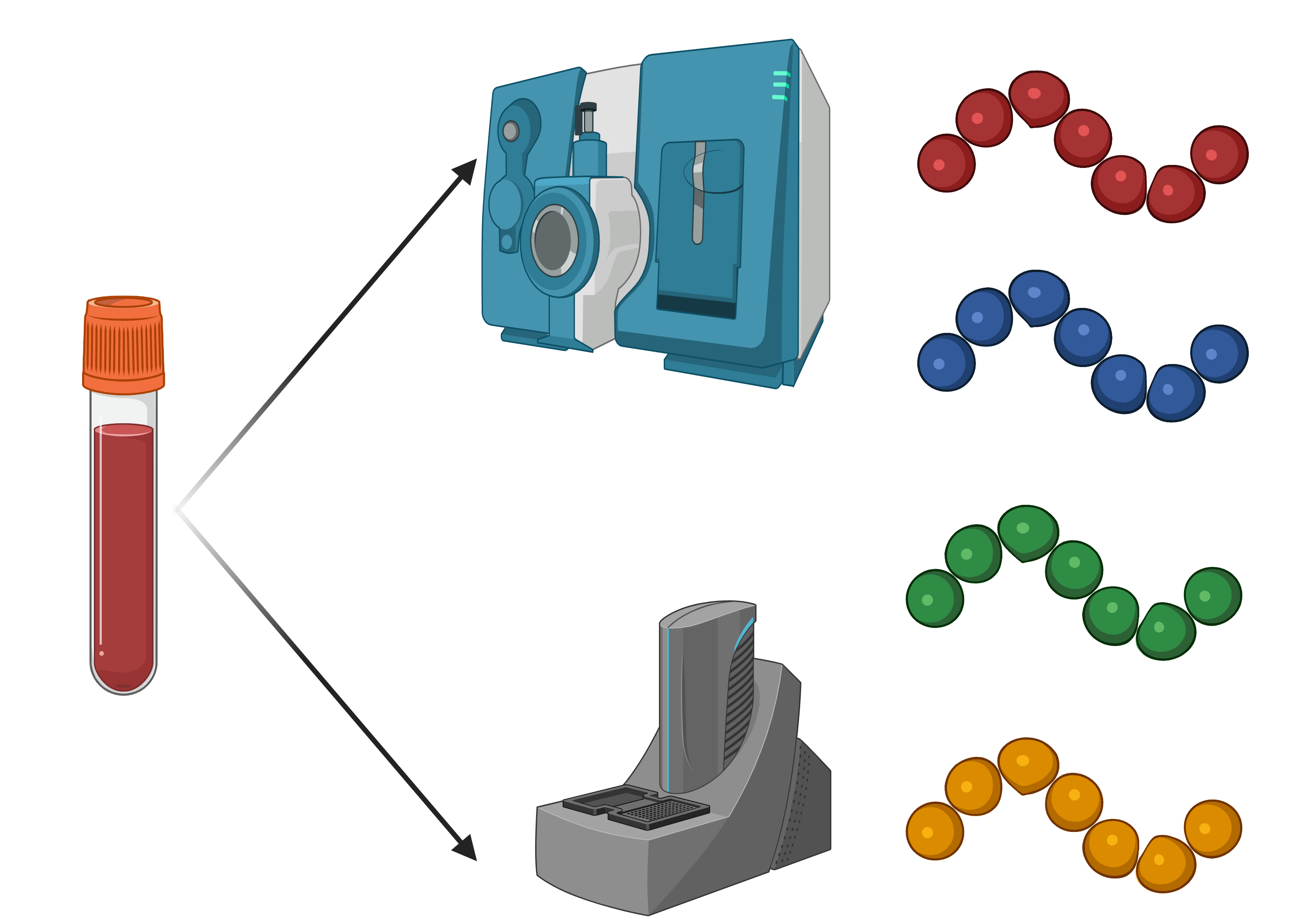
Using a combination of laboratory techniques we measure a wide array of gut hormones in particular those controlling gut movements.
Our Studies
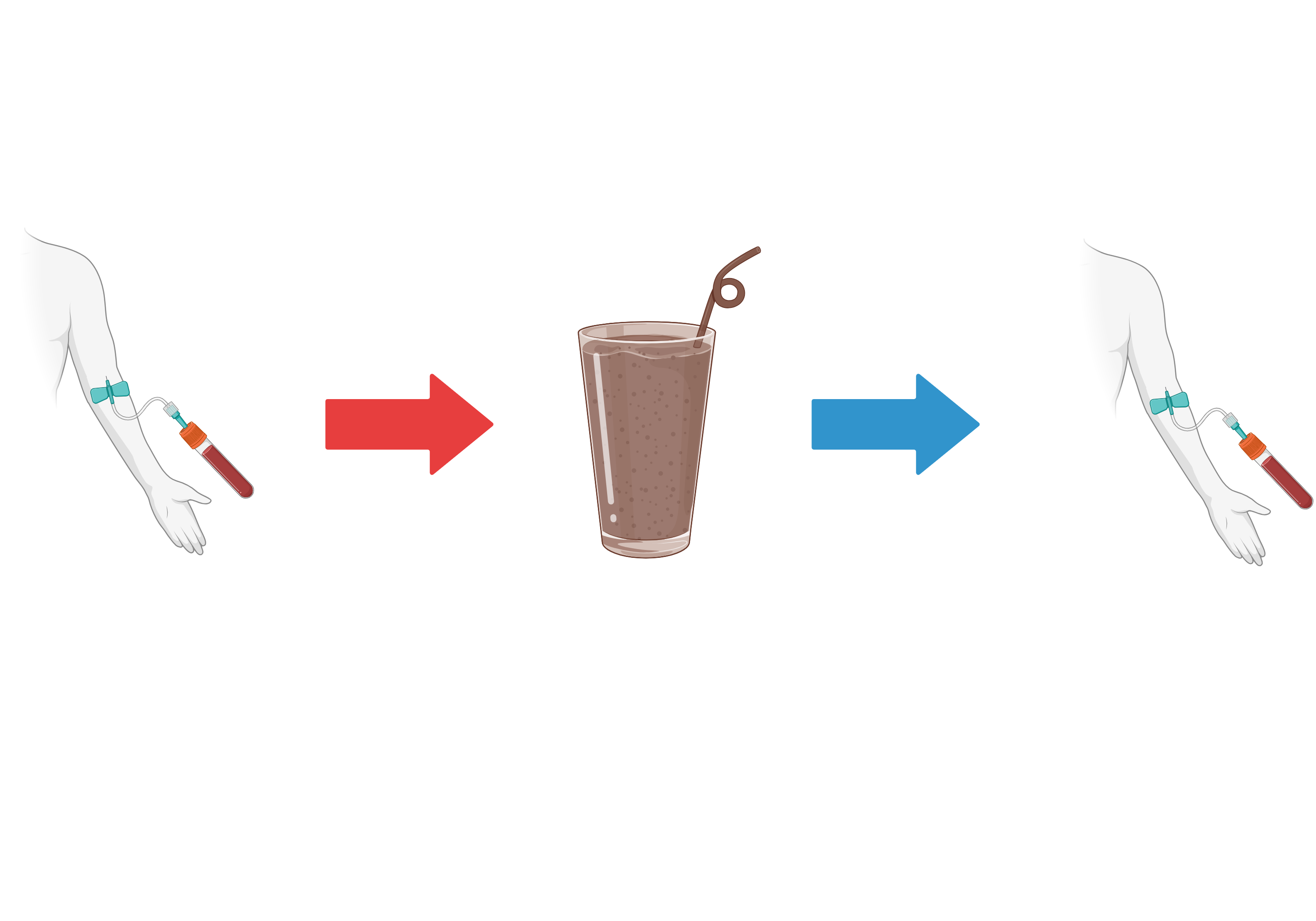
Protocol A - Fasting and Post Meal Gut Hormone Profile
In this study volunteers attend our research ward in Addenbrookes Hospital, to have gut hormones measured before and after a meal.
At the start of the day a cannula is inserted, and blood samples are collected every 15 minutes for 3 hours. A milkshake is then provided and samples collected for a further 2 hours.
This is our most detailed study, providing a full gut hormone profile.
We are currently recruiting volunteers to take part in this study if they are about to start GLP-1 therapy for weight management including Wegovy, Ozempic or Mounjaro.
We are also recruiting participants with specific gastrointestinal conditions to this study.
Summary sheet:
GutHHD Study Protocol A One page ref v1.06 Gut Peptide Agonists 3.12.24
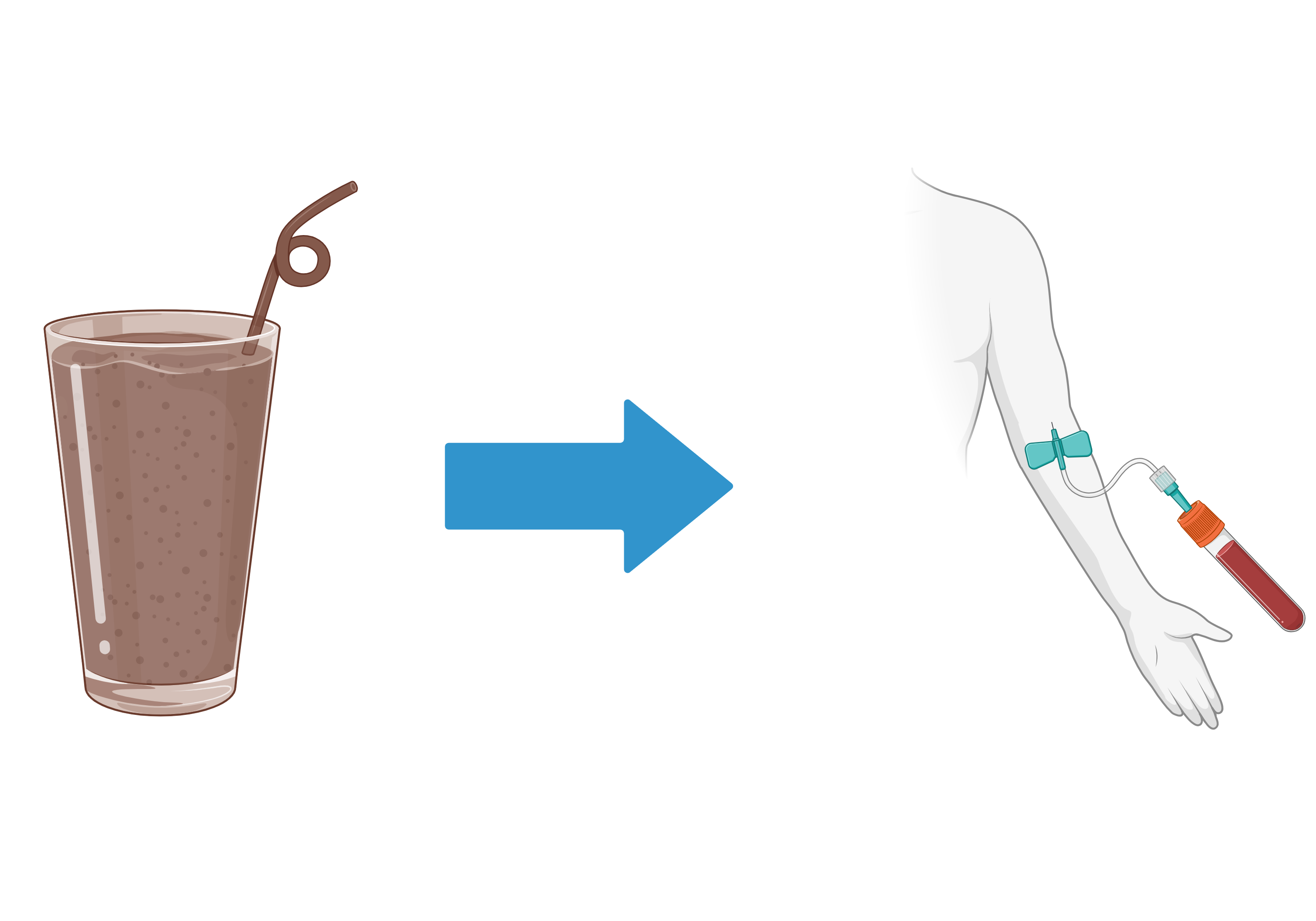
Protocol B - Meal Study
In this study volunteers attend our research ward in Addenbrookes Hospital, to have gut hormones measured after a meal.
At the start of the day a cannula is inserted. You are then provided a milkshake and blood samples are collected for 2 hours.
This study provides a detailed assessment of how your gut responds to a meal.
We are not currently advertising recruitment into this study.
We have previously recruited patients with bile acid diarrhoea to undergo a meal study on and off their standard bile acid sequestrant medication and are currently analysing the results (watch this space!).
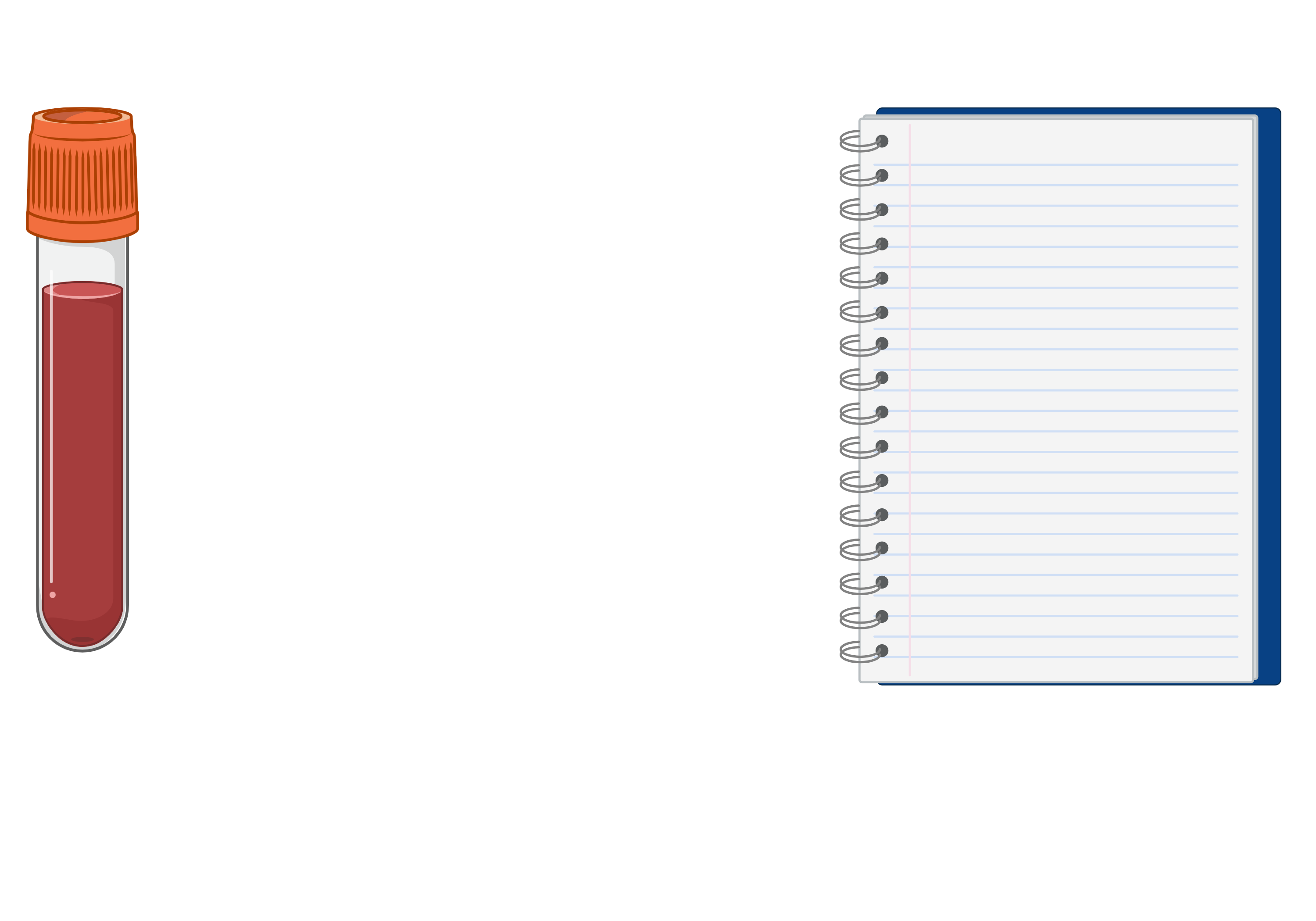
Protocol C - Single Sample Study
In this study volunteers attend our research ward in Addenbrookes Hospital, to have a single blood sample collected.
Participants provide a one week bowel habit diary alongside the visit.
We are recruiting a wide range of participants to this study including healthy volunteers and participants with gastrointestinal conditions.
We are additionally recruiting participants starting on certain types on oncology treatments, and starting on medications which slow the gut such as ondansetron, to attend for two visits of this study.
Summary sheet:
GutHHD Study Protocol C One page ref v1.06 Single Sample 3.12.24
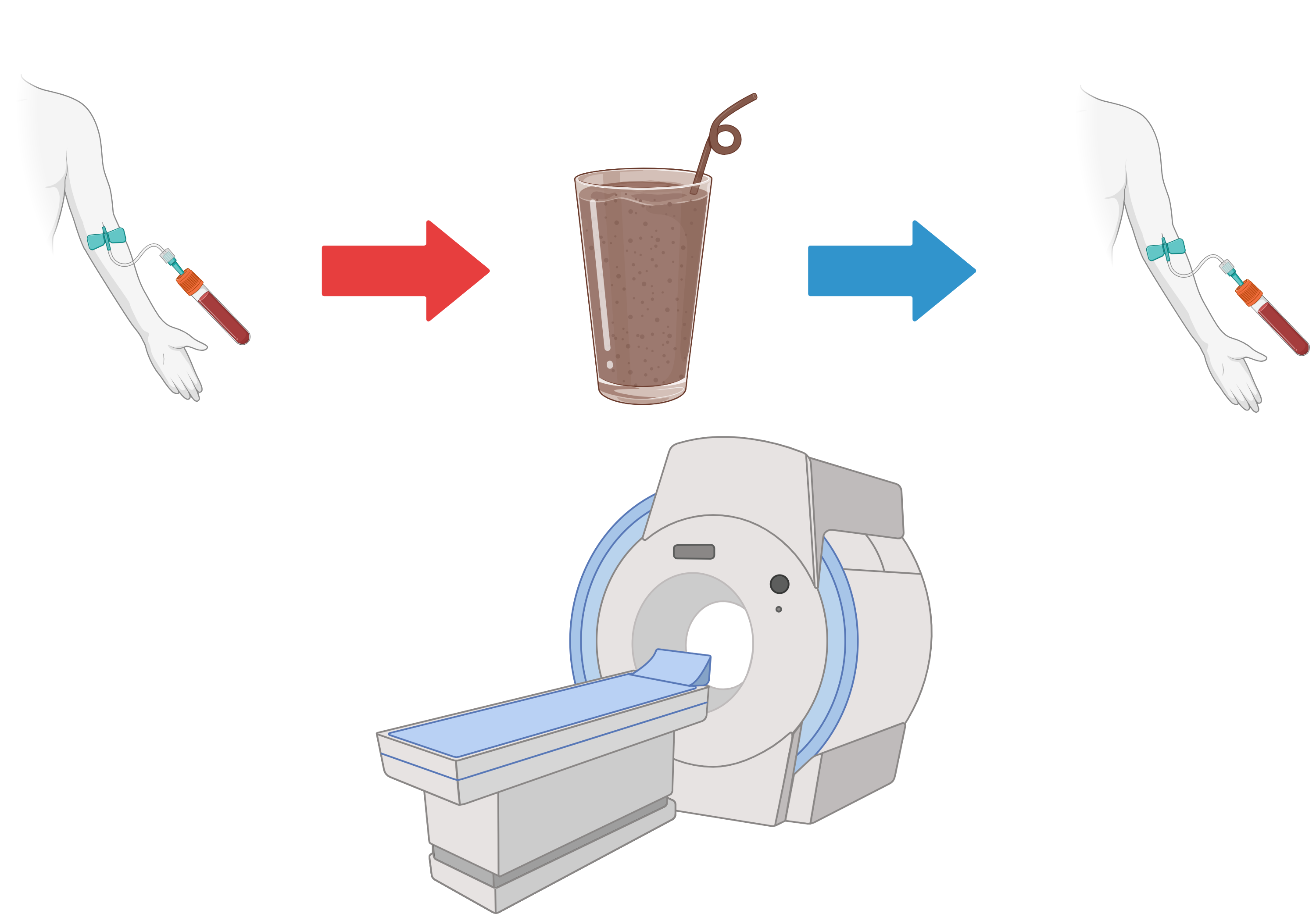
MRI Study
This is our newest study in Addenbrookes Hospital. Alongside attending our research ward to have blood samples for gut hormone analysis, participants will also have a 15 min MRI before and after the milkshake meal.
There is an option that this can be incorporated into a day visit for volunteers undergoing a full fasting and post meal gut hormone profile (Protocol A).
At this stage we are inviting previous GutHHD participants if they would like to take part, and to new volunteers starting weight management injections to the MRI study.
The aim is to capture gut movement data from the MRI, and pair this to your gut hormone measurements.
The study is in collaboration with company Motilent: https://www.motilent.io/.
Summary sheet:
Open to recruitment
Volunteers about to start weight management injections
Are you about to start a weight management injection such as Wegovy, Ozempic or Mounjaro?
We are currently recruiting volunteers starting GLP-1 analogue therapy to take part in our protocol A study.
Participants arrive fasted for a full day visit, and have a full fasting and post meal gut hormone profile.
Participants attend for the first visit before starting their GLP-1 analogue, and again for a second visit 6-8 weeks after starting their GLP-1 analogue.
There is an option of having an MRI scan during each day visit, to assess your gut movements in response to the milkshake meal.
Interested? Download our summary sheet and participant information sheets below:
GutHHD Study Protocol A One page ref v1.06 Gut Peptide Agonists 3.12.24
GutHHD_Protocol A PIS v1.10 Two Visits 13.12.24
Additional Information of optional MRI during the study:
GutHHD Study Protocol D One page ref v1.01 3.12.24
Any questions, interested or would like to take part:
Volunteers with a bowel condition:
Do you have a diagnosis of a bowel or gastrointestinal condition?
We are currently recruiting participants to undergo our Protocol C study.
Participants attend Addenbrookes Hospital and have a blood sample collected for research.
We additionally ask participants to complete a bowel habit diary that week.
Results aim to see how gut hormones and blood markers vary between different bowel conditions and how different hormones and markers are related to different bowel habits and symptoms.
Download our summary sheet of the study and participant information sheet:
GutHHD Study Protocol C One page ref v1.06 Single Sample 3.12.24
Any questions, interested or would like to take part:
Volunteers with short bowel syndrome, bowel transplant or patients with a stoma
Do you have a diagnosis of short bowel syndrome?
Have you had a small bowel transplant?
Do you have a stoma?
Are you taking a GLP-2 analogue such as teduglutide as part of your care?
We are currently recruiting participants with specific gastrointestinal conditions to undertake a single visit of Protocol A.
Participants attend Addenbrookes Hospital for a day visit and have blood samples collected for research.
We additionally ask participants to complete a bowel symptom diary.
Results aim to see how gut hormones and blood markers affect speed of gut movements in patients with specific gastrointestinal conditions.
Download our participant information sheet:
Any questions, interested or would like to take part:
The Gribble Reimann Research Group
The GutHHD clinical study is part of the Gribble Reimann clinical research group in the Institute of Metabolic Science.
The research group specialises in gut hormone research and performs a large number of laboratory studies alongside these clinical studies.
For more information on the group’s research, a summary can be found on the Institute of Metabolic Science Gribble Reimann page
Meet the clinical research team:

Prof Fiona Gribble - Principal Investigator
In collaboration with Frank Reimann our group researches how gut hormones are released and their actions on target tissues. We hope this will lead to the development of new drugs or diets that treat diabetes and obesity by targeting gut hormone release.
In our clinical studies, we are interested in how nutrition affects patterns of postprandial gut hormones, and the potential impact on food intake and glucose homeostasis, as well as gut hormone disturbances in conditions such as bile acid diarrhoea and IBS.

Dr Chris Bannon - Main Study Contact
I am a clinical reserarch associate and registrar in metabolic medicine. My research interests are in investigating understudied gut hormones, in particular those which control gut movements, and assess how their levels differ in different conditions and how they are related do different gut symptoms.
I have designed the GutHHD protocols, and have run the completed gut hormone studies in healthy volunteers and meal studies in patients with bile acid diarrhoea.
I am currently running the study for volunteers starting weight management injections, the single sample study for patients with different bowel conditions and the MRI study.

Dr Htar Htar Hlaing - Clinical Researcher
I am a gastroenterology trainee in the East of England with special interest in nutrition, intestinal failure and intestinal transplant.
My current research focus on gut hormone responses in patients with short bowel syndrome and intestinal transplant. My research is driven by the need for improved metabolic insights and therapeutic strategies for patients coping with this complex condition.
I am currently running the study for patients with short bowel syndrome, small bowel transplants and patients with stomas.
Our Research Findings
Measuring multiple gut hormones simultaneously including motilin using mass spectrometry in healthy volunteers
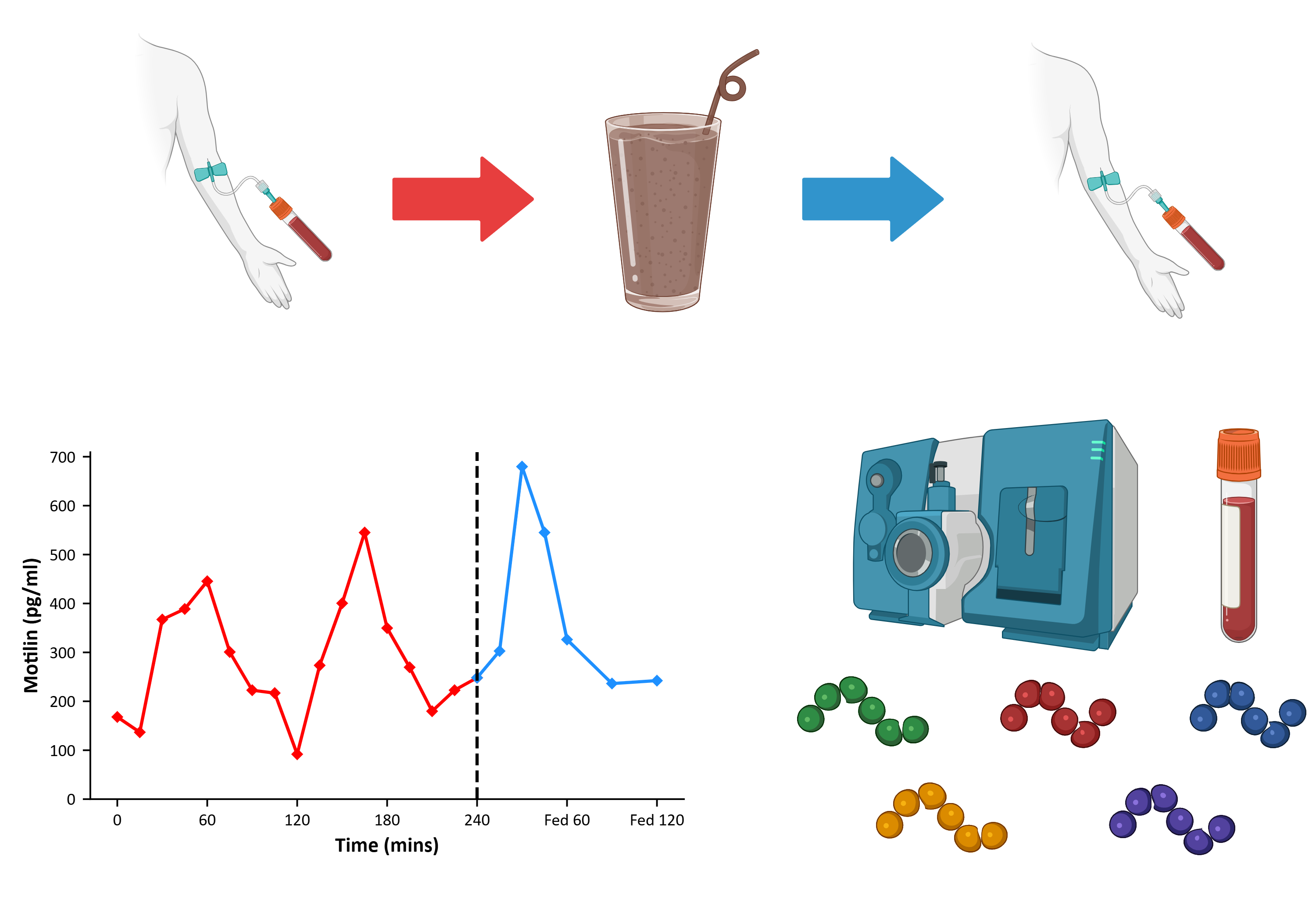
In this study we recruited 10 healthy volunteers with no history of an endocrine or gastrointestinal condition, to undergo a day visit of Protocol A, to have a full 4 hour fasting gut hormone profile, and 2 hours post meal profile.
Motilin is an unusual hormone – most gut hormones are low whilst we fast, and rise when food enters the gut. Motilin however fluctuates whilst we fast.
Therefore in order to study Motilin, our Protocol A design is set up to have adequate fasting samples to capture how motilin levels go up and down.
Motilin acts to increase gut movements (making it a very well named hormone (!)) in between meals.
Using mass spectrometry motilin was measured alongside other gut hormones including GIP and CCK, and the pancreatic hormones insulin and glucagon.
Where this work has been presented:
This work was presented at the USA conference Digestive Diseases Week, where a narrated poster can be viewed here:
It has been published in the journal Frontiers in Endocrinology and can be viewed here:
https://pubmed.ncbi.nlm.nih.gov/38544692/
The CCK work was additionally included in the following publication:
https://pubmed.ncbi.nlm.nih.gov/37591880/
The work has also been presented at the Danish Diabetes and Endocrine Academy Endocrinology Symposium on Translating Biomarkers into Clinical Endocrinology:
https://ddeacademy.dk/events/symposium/translating-biomarkers-into-clinical-endocrinology/
Exploring gut hormone levels in patients with bile acid diarrhoea
Bile acid diarrhoea is a common but underdiagnosed condition. It is estimated to affect 1% of the population, and up to 1/3 of patients with irritable bowel syndrome who experience diarrhoea as their main symptom.
Patients with bile acid diarrhoea experience urgency, loose stools and frequent unpredictable bowel motions.
There is currently not a definitive blood test to diagnose the condition, and the main treatment is with bile acid binders called bile acid sequestrants.
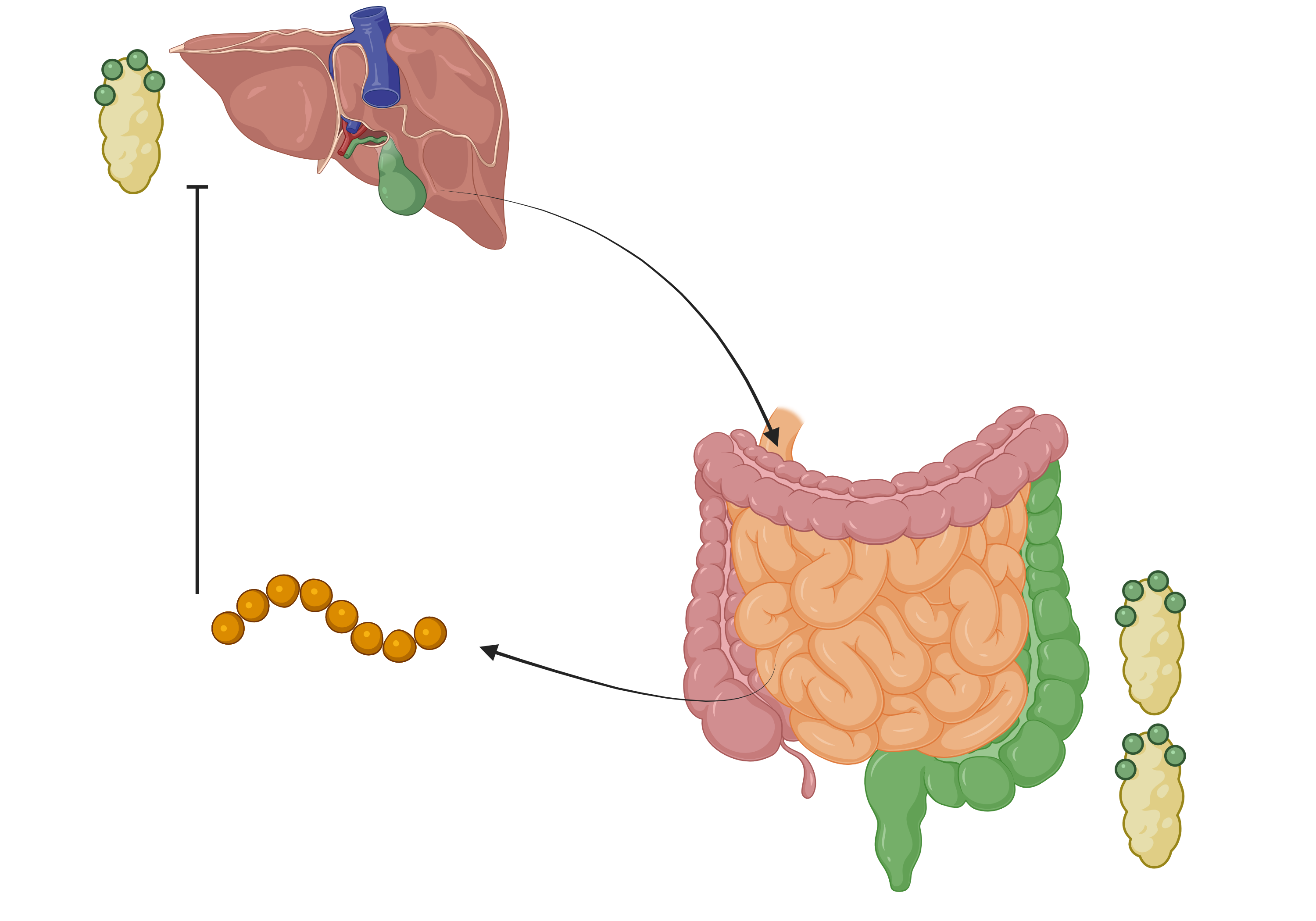
Symptoms result from bile acids entering the colon. Usually, bile acids are absorbed before the colon, triggering release of a hormone called FGF19 to prevent further bile acid production.
Bile acids are known to be a potent trigger for release of several gut hormones – including gut hormones which increase gut movements.
Our studies in particular focus on a colon hormone called Insulin-like peptide 5 (INSL5), which increases colonic movements and can be triggered by bile acids.
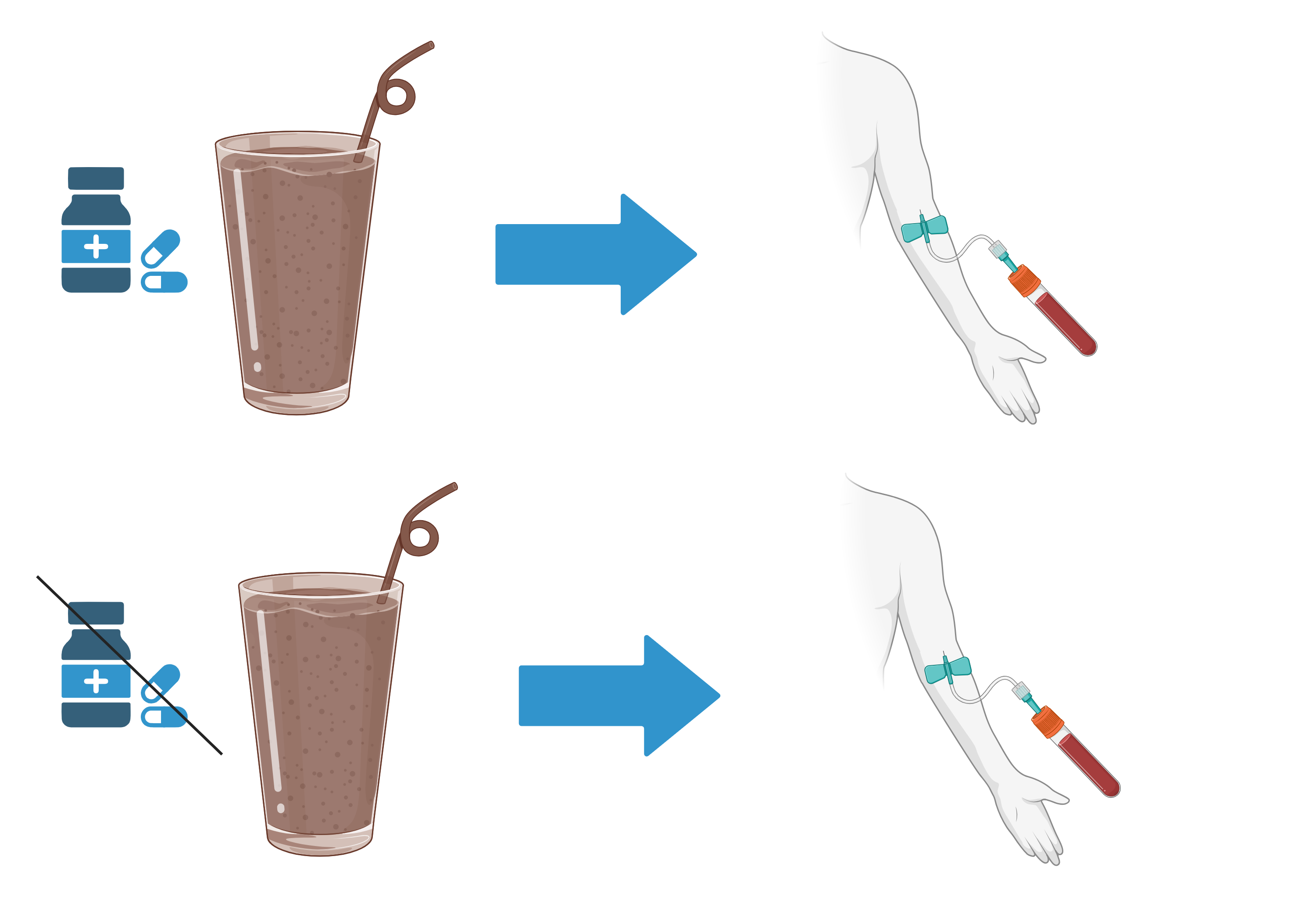
We have previously recruited 16 volunteers with bile acid diarrhoea to undergo a meal gut hormone profile, with and without their standard bile acid sequestrant treatment.
Additionally some volunteers provided a recorded in-depth interview regarding their symptoms.
We are currently analysing these samples to assess gut hormone levels including INSL5 in patients with bile acid diarrhoea; how sequestrants affect these hormone levels and how these hormone levels relate to gut symptoms and bowel habit.
You can read our previous research on gut hormone levels in chronic diarrhoea below, with our narrated e-posters from the USA conference Digestive Diseases Week:
Watch our YouTube short explaining how gut hormones may cause chronic diarrhoea:
Acknowledgements:
We express huge gratitude to all of our research volunteers!
Research studies take place within the Cambridge Clinical Research Centre (NIHR – Cambridge Clinical Research Facility) and Wolfson Brain Imaging Centre (Wolfson Brain Imaging Centre | Department of Clinical Neurosciences).
The majority of our gut hormone analysis takes place in the Institute of Metabolic Science core facilities for mass spectrometry with Dr Richard Kay (Peptidomics and Proteomics Core | Institute of Metabolic Science), and Cambridge Biochemical Assay Laboratory with Dr Peter Barker (CBAL | Research facilities | CUH)
The GutHHD study has been reviewed by the East Scotland Research Ethics Committee (Reference: 22/ES/0021; IRAS number: 308204)
The work is primarily funded by a Wellcome grant to principal investigator Prof Fiona Gribble
The MRI portion of the study is in collaboration with the company Motilent. https://www.motilent.io/
Website designed using WordPress, Divi Builder and figures produced in Biorender.
Institute for Metabolic Science Main Website: Institute of Metabolic Science | Metabolic Research Laboratories
